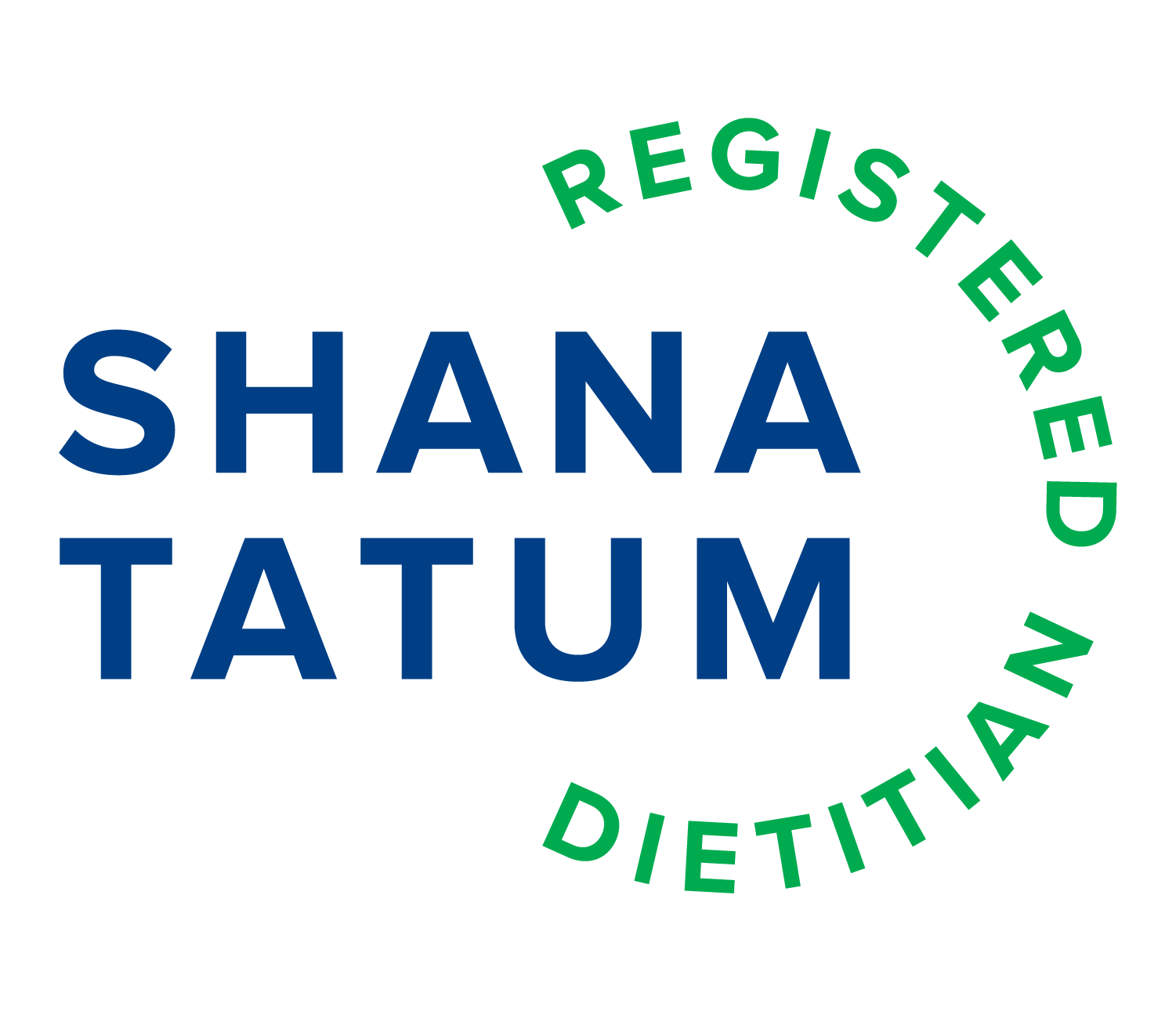Eating For Energy
We all want a life full of energy happiness and vitality. To be great parent, spouse, sister, daughter, community member, business owner, manager is meaningful work in this world, aiming for contribution in the world outside of our own needs. But if we ignore our own energetic needs, over time it can become a chronic state and create disability. It keeps sending messages to us louder and louder until we listen.
Some of those messages we could see if fatigue is present could be changes in skin hair and nails, changes in bowel habits, sleep, and focus. Oftentimes vitamin and mineral deficiencies are to blame.
So, what are the key nutrients to keep on your plate or bowl?
Vitamin C- This water-soluble vitamin is necessary in the restoration of the stress response and offers a possible neuroprotective effect as an antioxidant compound. It is found in cantaloupe, Brussel sprouts, Kiwi, red, yellow and orange bell peppers, cauliflower, and citrus fruits.
Vitamin B5 – This B vitamin is involved in the release of energy from the macronutrients in carbohydrates, fats and proteins. Its deficiency leads to reduced cortisol production, increased pain with arthritis, fatigue, headache, and depression. It is found in meat (including organ meats), seafood, eggs, lentils, avocado, mushrooms and broccoli.
Vitamin D - A deficiency in vitamin D is linked to insulin resistance and metabolic syndrome and may help regulate the immune system and the stress response. Sources are sunlight ☺, milk, eggs and fatty fish.
Magnesium - This mineral is associated with insulin resistance and glucose tolerance as well as muscle contraction it can be found in green vegetables such as kale, spinach, Bok choy, and Swiss Chard. Beans, peas, nuts, seeds, and quinoa are other sources.
Zinc - This mineral is critical for energy production at the cellular level and for anti-inflammatory control. It has been shown to be needed in over 300 reactions in the body. Sources are meat, oysters, chickpeas, and pumpkin seeds.
Chromium- This mineral is important for proper insulin function and cell receptor communication. Patients with PCOS usually also benefit from higher intakes of chromium. Sources are Brewer’s yeast, whole grains and seafood.
A good way to get more leafy greens in your diet while increasing alkalinity is a green smoothie. Try this recipe below:
Alkalizing Stress Busting Green Drink
Yield – (4) 8oz. cups
Ingredients
1/2 cup water or almond milk
2 stalks celery with leaves, chopped
1 cup leafy greens, Swiss chard, spinach or Bok choy
1/2 ripe avocado, pitted and sliced
1 kiwi, peeled
1/2 medium cucumber, sliced with skin
one large handful cilantro or parsley, chopped
one lime, peeled and sliced
1 Tbsp pumpkin seeds
pinch of sea salt
Directions
Clean all produce well.
Add chosen liquid and add to blender.
Add remaining ingredients, and blend well.
Pour and enjoy!
